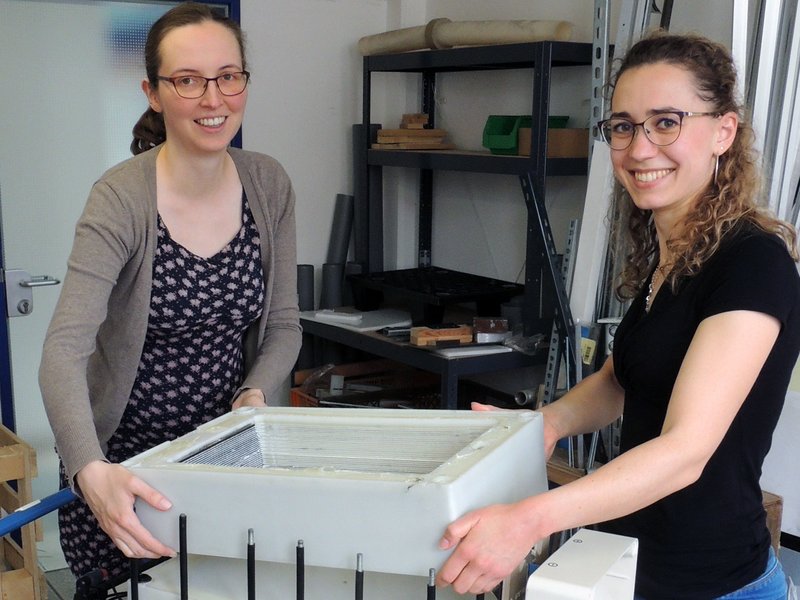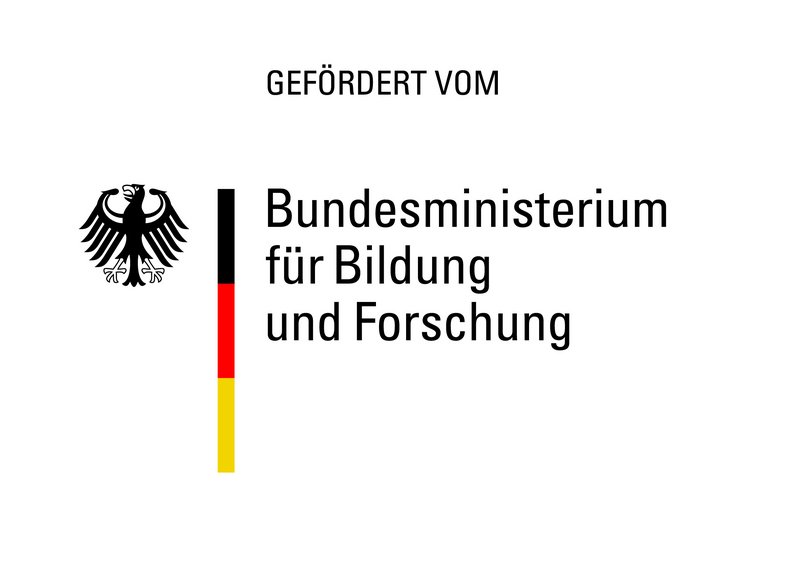Around one billion people currently have no access to electricity. At the same time, many countries are facing the challenge of restructuring their existing energy supply systems as part of the energy system transformation. A new generation of decentralised, affordable and environmentally friendly electricity storage systems is to help here. The Federal Ministry of Education and Research (BMBF) has launched an innovation competition titled "Weltspeicher" (An energy storage system for the world) in two phases. Landshut University of Applied Sciences in cooperation with the Munich-based company VoltStorage was one of five teams to win the first round. The researchers are now spending 12 months on developing a technically and economically forward-looking concept for an extremely low-cost storage device based on All-Iron Redox-Flow Battery technology (IRFB). Several solutions will be outlined up to the stage of marketability. The two teams with the best concepts are finally selected for the second project phase, in which the finished energy storage system for the world is developed. The BMBF is funding the first phase with a total of EUR 250,000. The project is headed by Prof Dr Karl-Heinz Pettinger, research director at the Landshut University of Applied Sciences Energy Technology Centre (TZE).
New storage generation with female power
The initiators of the research project at Landshut University of Applied Sciences are the two research assistants Christina Zugschwert and Saskia Dinter. In recent years, they have been working intensively on the development of future energy storage systems and were also involved in the establishment of the cross-border research platform FSTORE, where battery manufacturers, grid operators and researchers from all over Europe exchange information on redox flow technology. "We are really delighted that our team is one of the five lucky ones selected for the first phase," says Zugschwert. For the researchers to get to the implementation phase with their energy storage for the world concept, they have to meet certain requirements. The new generation of energy storage systems should be at least as powerful as existing solutions, but at the same time significantly cheaper to purchase and maintain. In addition, the new energy storage system for the world is to be built in an environmentally friendly way, fit into any house and be able to be operated together with renewable energy systems such as solar power, wind power or water turbines.
Simple, cost-effective and environmentally friendly
"Our goal is to provide reliable electricity supplies, in particular for developing and emerging countries," said Zugschwert. However, private households in Germany and other industrial nations could also benefit from the new battery. After all, there is a huge cost advantage with IRFB technology compared to conventional storage systems. "On the basis of an initial estimate, savings of over 80 percent could be achieved," emphasises Prof Pettinger, "this is because IRFB technology can be produced from materials available worldwide and undercuts the cost of lithium-ion batteries by 50 to 70 percent." In addition, IRFB technology is particularly environmentally friendly, since the necessary materials are available worldwide and can be produced largely from recycled materials. This means that the technology can do without resource-consuming conflict materials such as lithium and cobalt.
Landshut University of Applied Sciences as a pioneer in Germany
With their concept for IRFB technology, the team from Landshut University of Applied Sciences and VoltStorage is way ahead in battery research. Zugschwert emphasises: "As far as we know, only two research institutions from the USA and one American company are currently actively working on this technology on a larger scale – albeit in a different form and for a different application." The researchers are convinced: together with the company VoltStorage, whose development team has been investigating IRFB technology since 2018, they can make optimum use of the TZE's expertise for research into an energy storage system for the world.
Photos: Landshut University of Applied Sciences
(free for use if source is indicated)



